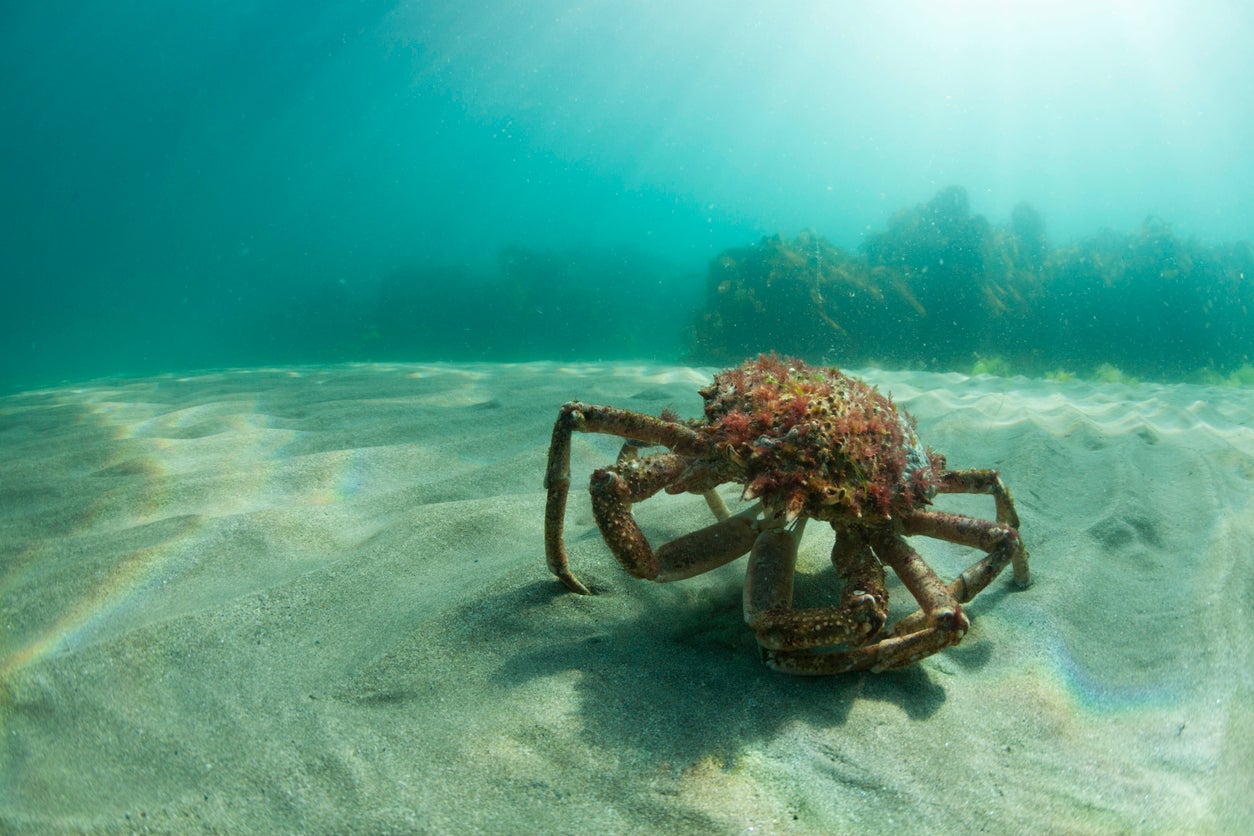Experiments on crabs and lobsters ‘could be restricted’ under new law that recognises they feel pain
Crustaceans and decapods may be protected under new animal welfare bill that recognises they can feel pain

A new law could mean that crabs and lobsters are given the same protection as mammals in scientific experiments.
The Animal Welfare (Sentience) Bill passed through parliament earlier in April and will come into force once it has been given Royal Assent.
Campaigners celebrated the passing of the "landmark" law, which will recognise that animals have feelings. It means that government ministers must consider sentience when implementing policy.
According to The Guardian, citing Home Office sources, this could mean restrictions on how crabs and lobsters are experimented on.
Crustaceans and decapods are often used in experiments that look into how pollutants can affect the body because they breed quickly and are sensitive to pollution.
Under current rules, scientists do not have to register how many crustaceans and decapods they experiment on.
They are not included in the Animals (Scientific Procedures) Act 1986, unlike mice, octopuses and other animals.
But this could change because crabs and lobsters have been included in the sentience bill, which recognises that they can feel pain.
Robert Ellwood, professor emeritus at the school of biological science at Queen’s University Belfast, welcomed the potential move but called for it to be applied to the commercial fishing industry.
Mr Ellwood, who authored the research that found crabs and lobsters feel pain, told The Guardian it was a "step forward" if people are happy to accept decapods are sentient beings.
He added: "But I would see this... as a problem if they still leave millions of animals in commercial practices that are treated the same as before.”
A government spokesperson said: “The UK is committed to the protection of animals in science and to ensuring animal research is only carried out where no practicable alternative exists. We are committed to maintaining robust regulatory standards and to investing in alternatives to animals.
“The use of animals in research supports the development of new medicines and cutting-edge medical technologies, for humans and animals, as well as the safety and sustainability of our environment.”







Join our commenting forum
Join thought-provoking conversations, follow other Independent readers and see their replies
Comments